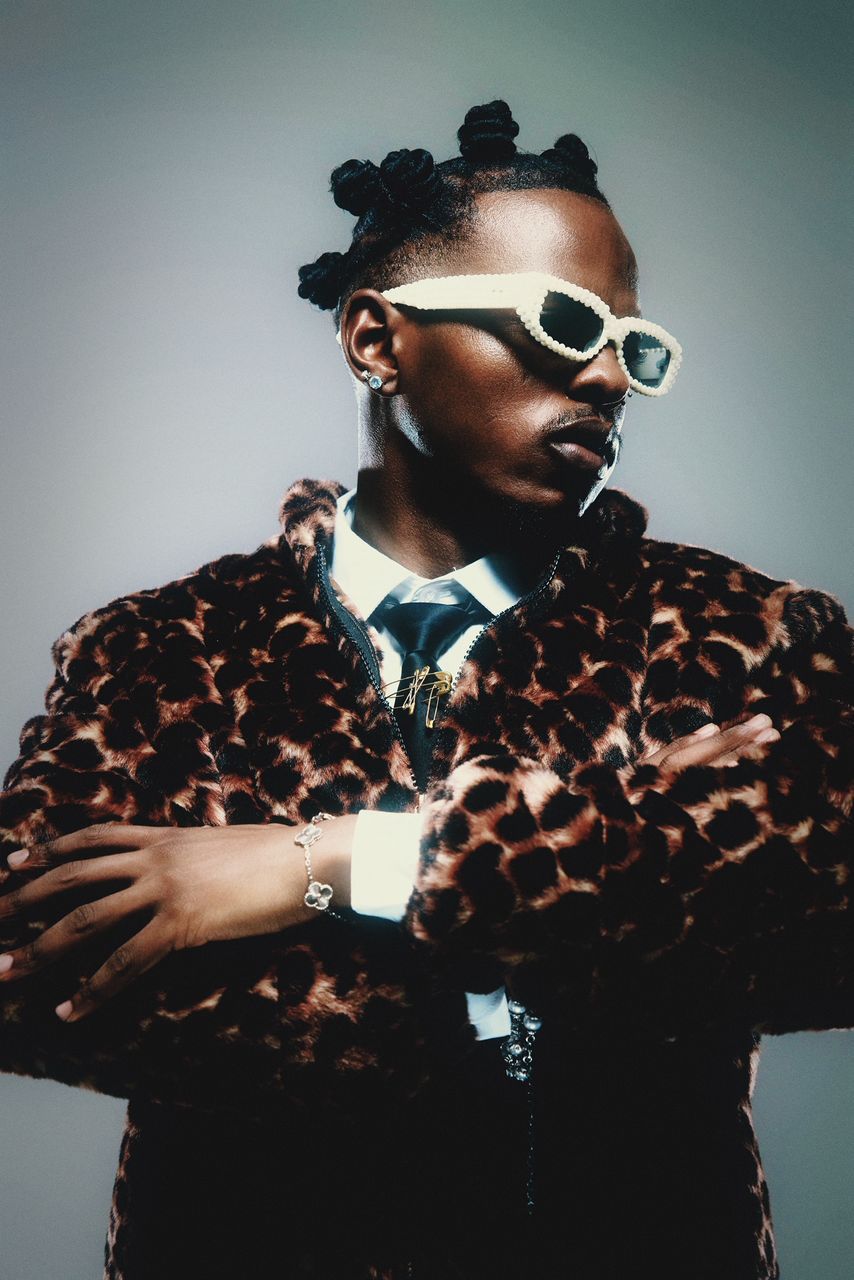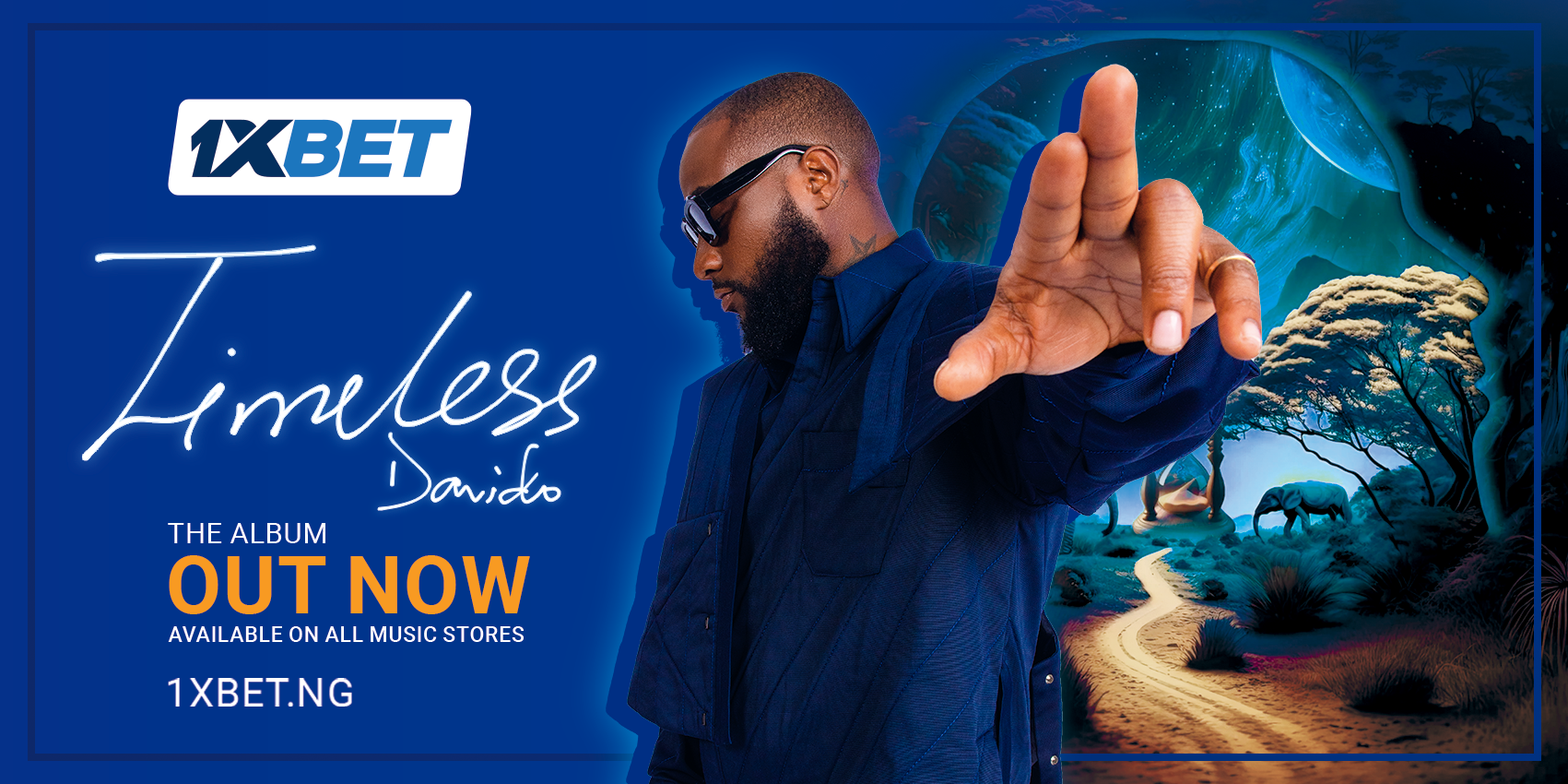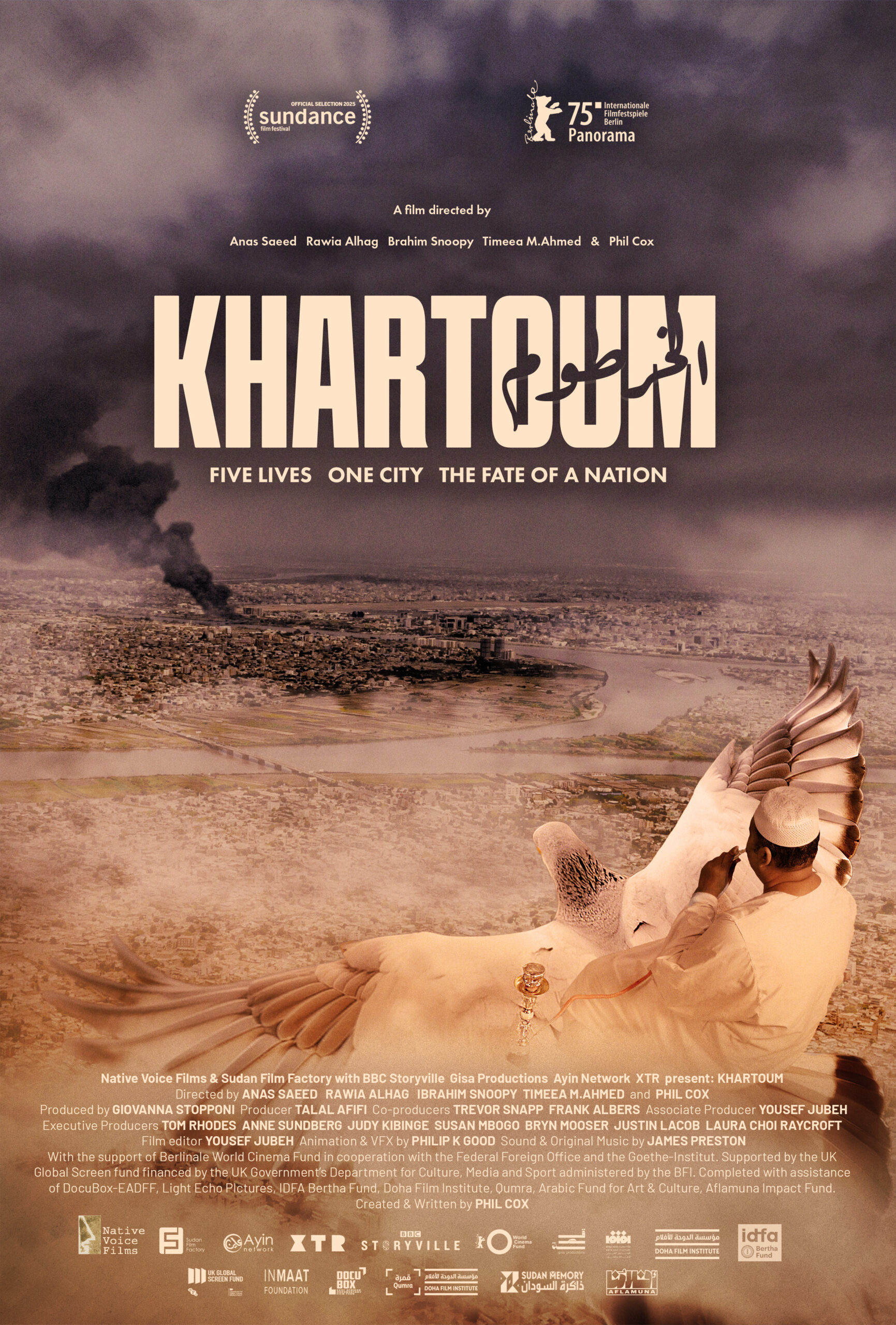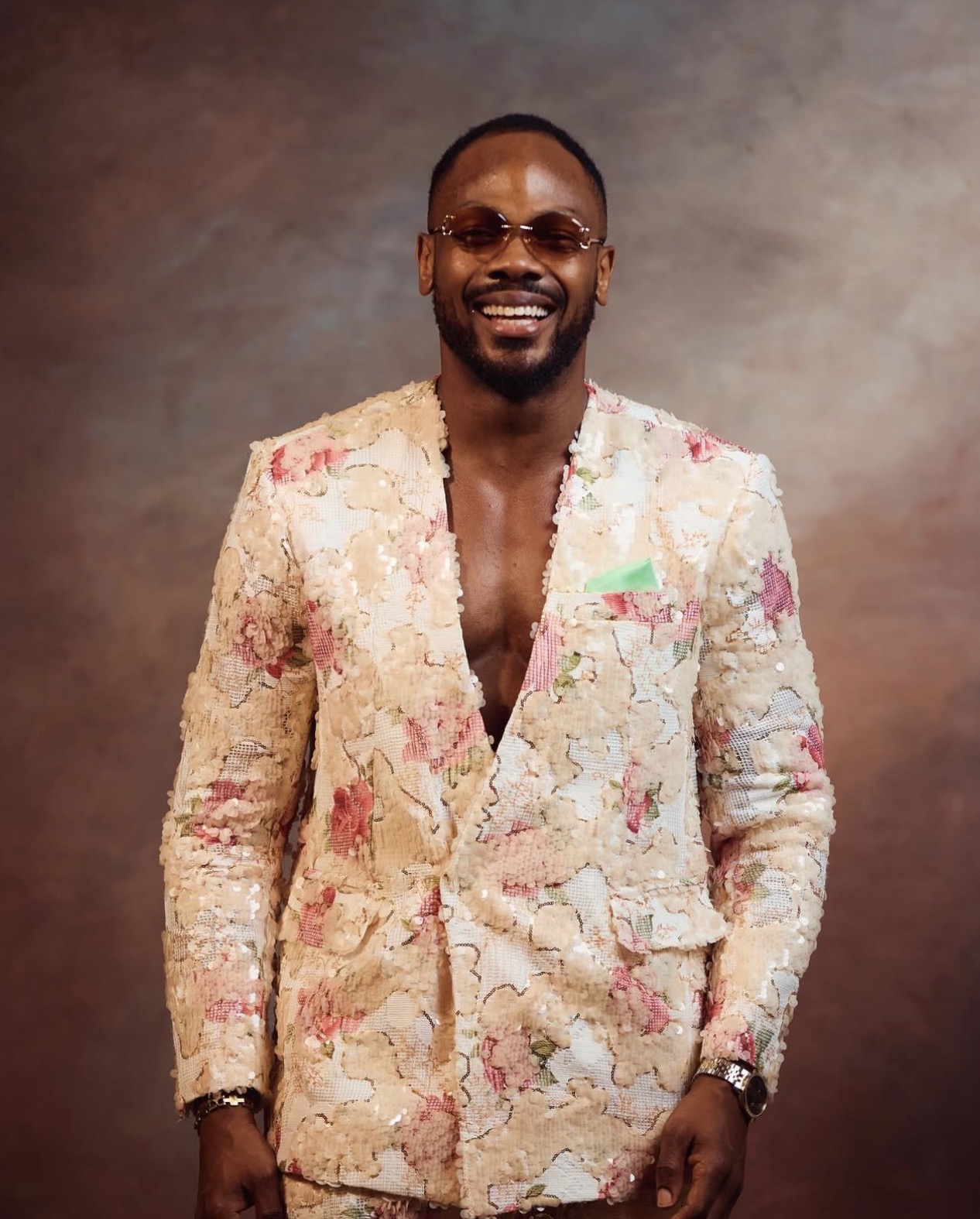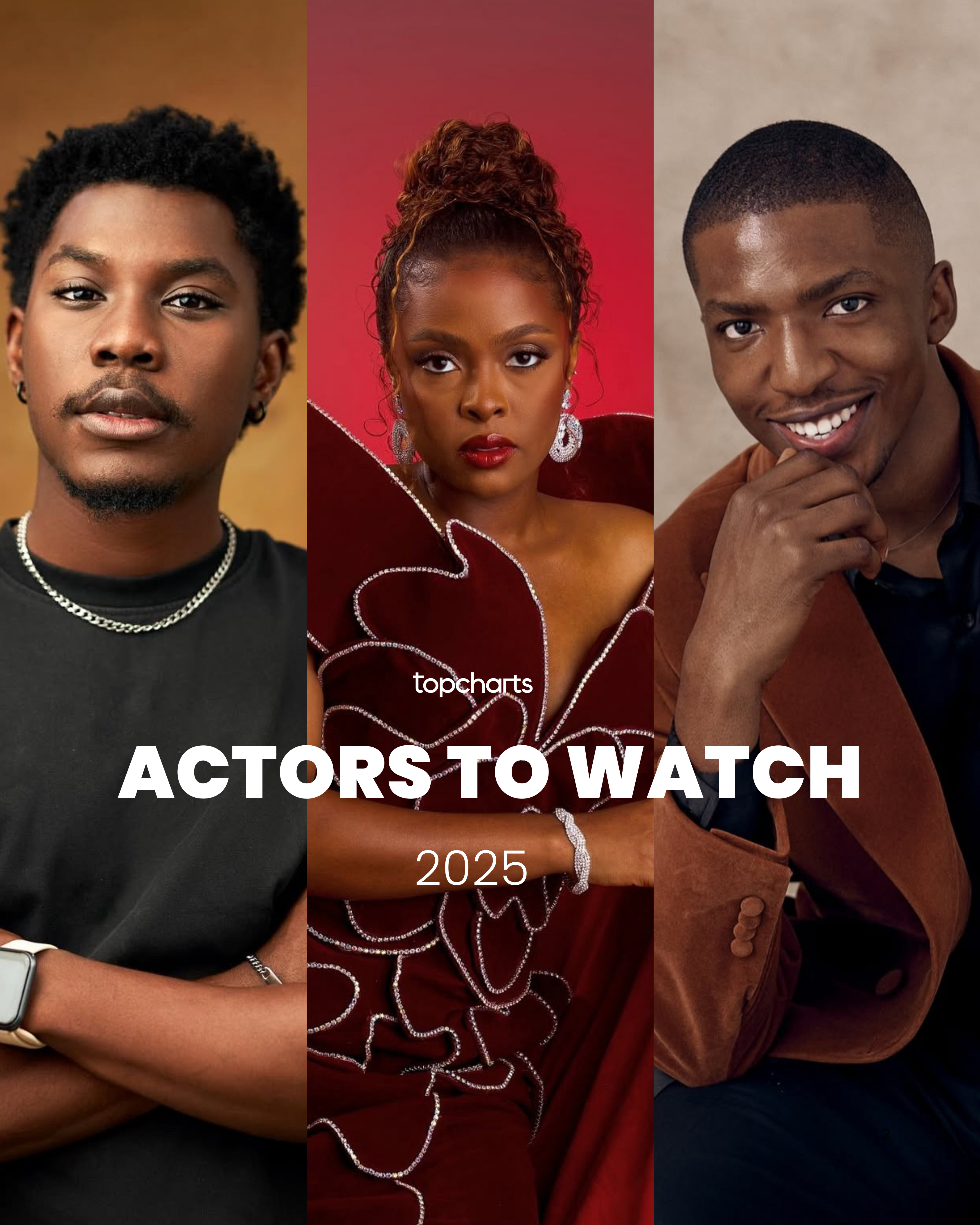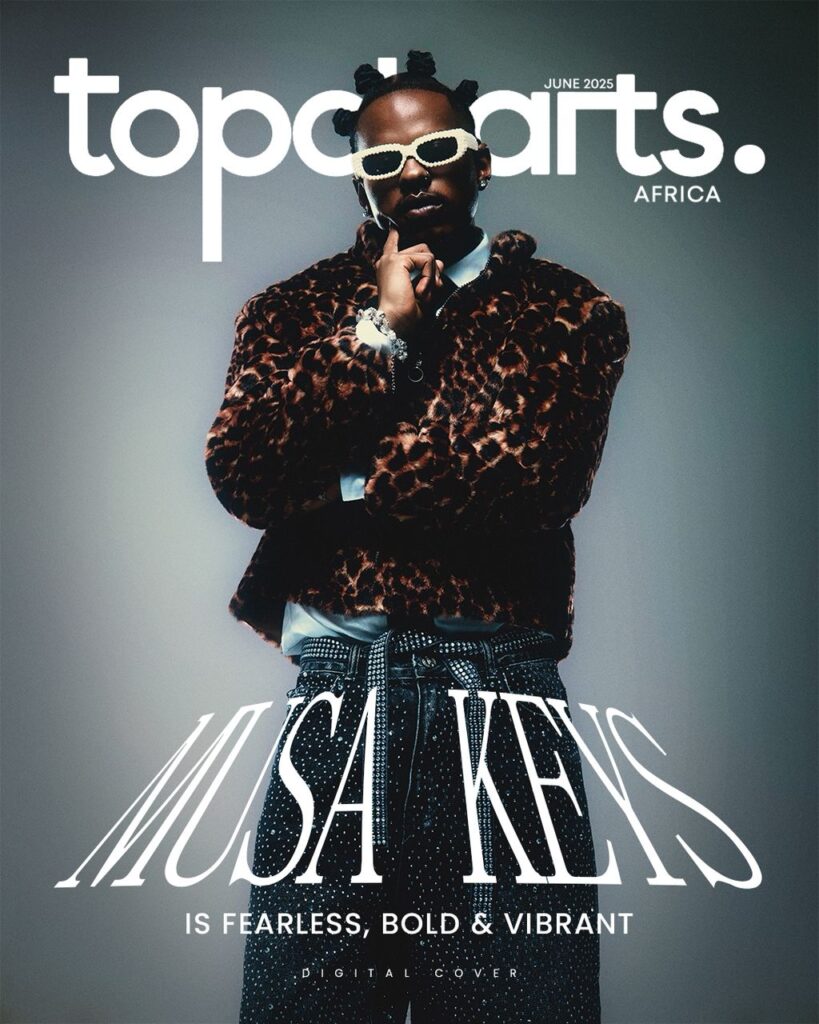
There’s a rare type of artist who arrives on the scene like a vibe and stays like a vision, Musa Keys is exactly that. He is quickly become one of the most distinct sonic architects of this generation, building a signature that fuses amapiano’s bounce with Afro-pop soul, R&B smoothness, and a polished, global edge. But what makes Musa more than just a hitmaker is intention. Every verse, every velvet fit and every lyric is part of a curated identity that is fearless, flamboyant, but deeply spiritual.
In this interview, we sit down with Musa to unpack the layers behind the style, the sound, and the strategy. He opens up about the early days of being underestimated, the calculated pivots that took him from local gigs to international stages, and why he’s not here for the industry’s obsession with virality. There’s no rush in his tone, no need to prove anything. Just a confidence that only comes from knowing exactly who you are and knowing the world is finally catching up.
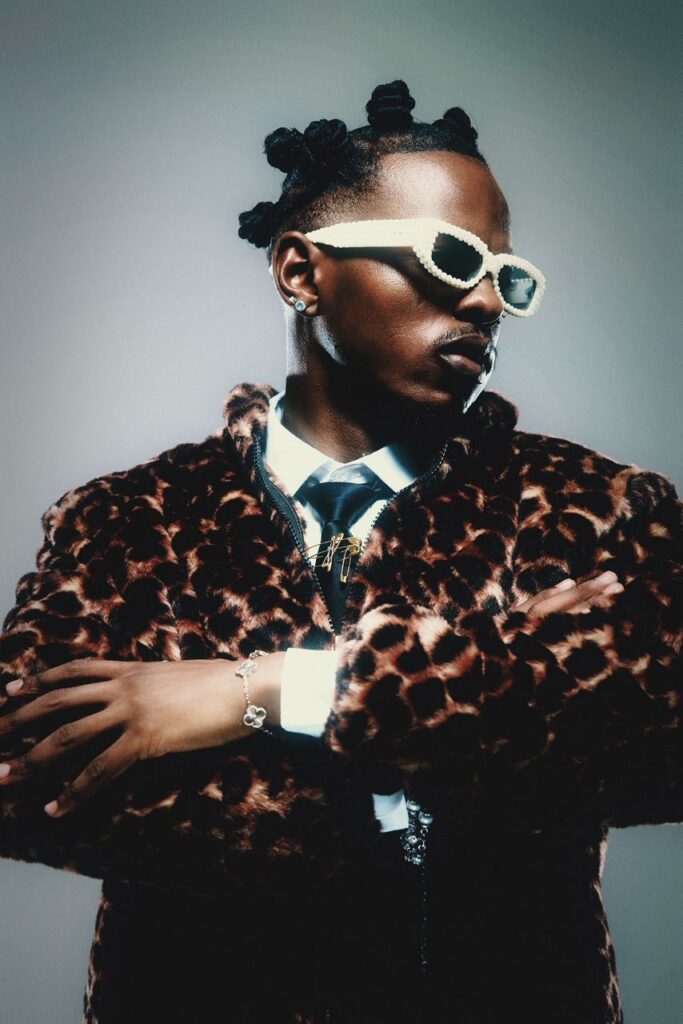
When asked how he’d define the artist known as Musa Keys, he doesn’t flinch. “Fearless, bold, and vibrant. Lover boy,” he says with a smirk that toes the line between charm and certainty. It’s not bravado, it’s simply branding, and it’s backed by a sound that keeps evolving without losing its identity. Now, with two new singles on the way, Musa is entering what he calls a “Global Fusion” era: Afro-pop rooted, R&B-tinged, and brushed with subtle electronic textures that reflect his travels, his growth, and his obsession with detail. “It feels like a breath of fresh air,” he says. “Everything I’ve soaked in, from the artists I’ve worked with to the cities I’ve been in to the fashion I’m drawn to. It’s all showing in the music now. And this time, I’m even more fearless.”
The “Unavailable” era did something special. It managed to not only elevate charts, but also shift perceptions. For many, it was the global breakout moment, but for Musa, it was just good timing layered on top of slow-burn chemistry. “Davido sent me a DM,” he recalls casually, like it’s not the most Davido way to initiate greatness. “We started sharing ideas from then.” It would take nearly a year before they met in person, not in a studio, but in a club in Amsterdam. “We didn’t even make music that weekend,” Musa says, laughing. “But we ended the year with ‘Unavailable.’”. The way he tells it, nothing was rushed, nothing forced. Just two artists orbiting the same wavelength until the timing aligned.
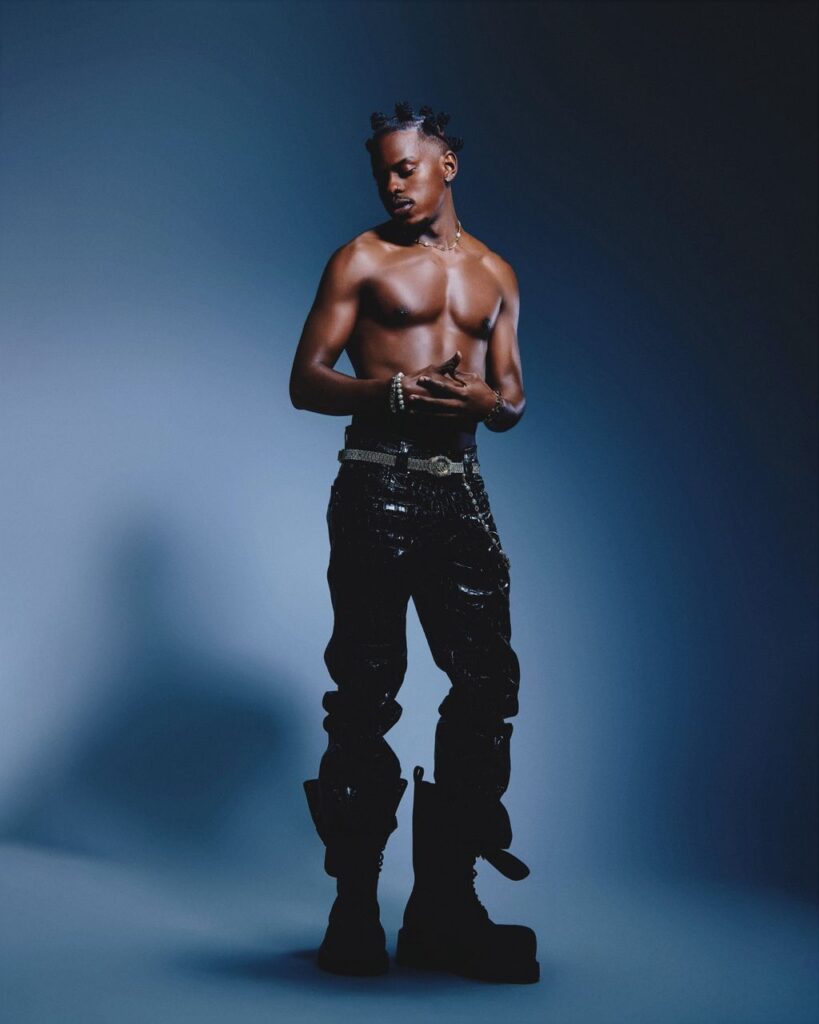
Of course, we couldn’t skip over the Unavailable verse, the one that turned TikTok threads into decoding missions and had fans everywhere quoting gibberish with full confidence. For weeks, no one could figure out what Musa was saying, and somehow that only made it more iconic. “I knooooow,” he says, dragging the word with a grin that says he’s been waiting for this moment. “And the problem was also that whoever submitted those lyrics submitted what they heard, not what I had sent in. So this is my opportunity to clear them up.”
He leans in, here it is, straight from the source:
“
Them streets be complicating my life,
I don’t have no time, Sana
Come see me shining,
Got too many birds on my IG
I’m changing my life,
I got my momma proud innit
She kept me going,
this fame took all of my freedom, omo
Because I’m a big propeller
Save your rumours, I kill Coachellas
Got a big banana” x2
“
Sana, he explains, is a casual Xhosa word for “my friend,” slipped in as a wink to home. The Coachella line was “Manifesting,” he says. “I see myself performing and killing it back to back.” And as for the big banana? He doesn’t say much, just smirks and shrugs like a man who knows exactly what he said and why he said it.
When it comes to Nigerian collaborations, he approaches them with the same calm precision that defines his entire career. “Been in studio with Rema before,” he says, casually dropping the kind of sentence that could send stan Twitter into a spiral. “And I’ve sent some stuff over, so hopefully we can get one in, or a crazy project.” There’s no rush in his voice, no desperate wishlisting. Just a sense that when the moment is right, the right record will come. With his sound evolving into a slicker, more global palette, it’s easy to imagine Musa working across genres and cities, not just features, but moments. He’s less about just ticking names off a list and more about building sonic chemistry. “If it happens, it’ll be crazy,” he says with a grin. And knowing Musa Keys, it probably will.
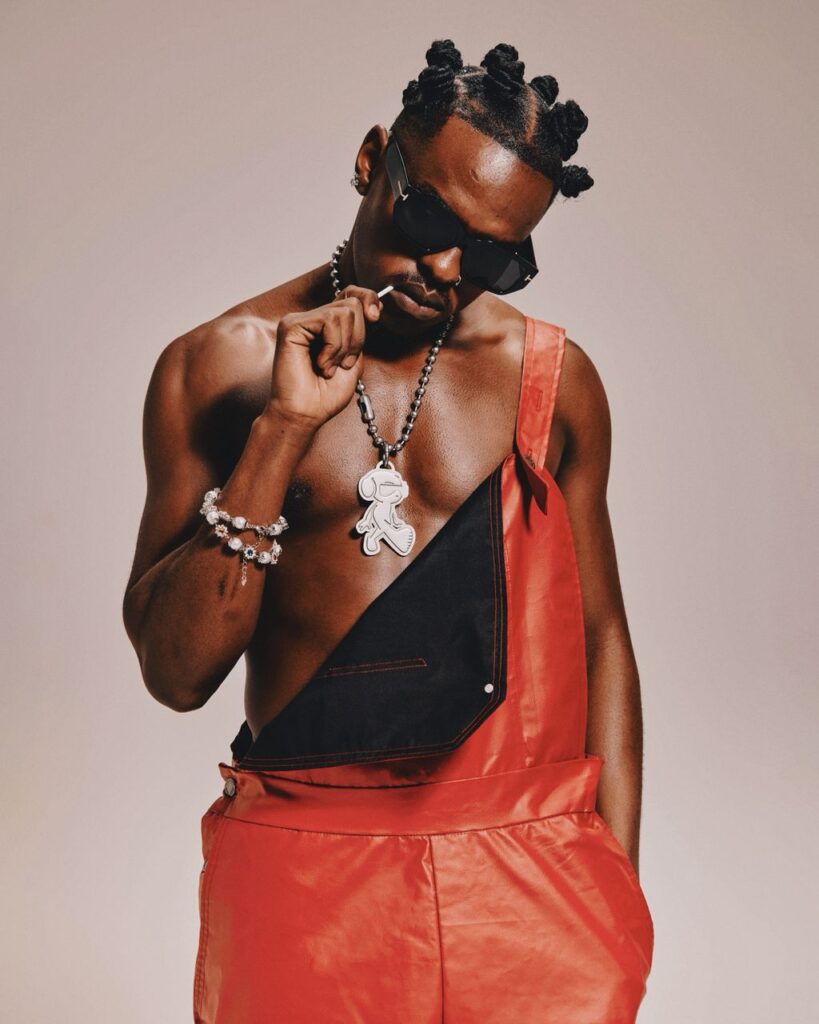
There’s something unmistakably sharpened about Musa Keys in this new season. It’s not just the sound, but the silhouette. The charm is still there, but now it’s paired with curated chaos: soft-spoken but well-dressed, playful but calculated, unpredictable but polished. In this new era, he’s trimmed the noise, doubled down on intention, and stepped fully into the version of himself he used to hint at in earlier projects.
They call him the Tsonga Michael Jackson, and it’s not just about the moves. Musa’s fashion sense is theatrical, deliberate, and just as layered as his production. “Fashion is everything to me,” he says simply. “My fit has to be as hot as my music.” It’s more than vanity, it’s synergy. Whether he’s in mesh, metallics, or a full velvet situation, Musa understands the performance doesn’t start on stage, it starts the second he walks into a room. For him, clothes aren’t more than aesthetics, they’re inspiration. Texture, color, shape, it all seeps into the music. And in an era where artists either try too hard or not at all, Musa manages to sit comfortably in that rare middle space where the drip actually makes sense.
Before the festival stages, the Coachella dreams, and the viral moments, there was a 13-year-old boy in church, hunched over a keyboard, trying to make heaven touch earth through chords. “Church built a lotta soul in me,” Musa says. “Eternal melodies. And an understanding of music holistically.” It was about the praise songs, the structure, leadership and immersion. As a music director and band leader, he learned how to shape sound, not just play it. That foundation still echoes in his work today. “I treat my music like it’s Gospel,” he says. And when you listen closely, even in the most danceable tracks, you can hear it: the lift, the ache, the reverence hiding behind the groove.
“Vula Mlomo” was the kind of song that transcended charts and cracked into everyday language. Double platinum, yes. But more importantly, undeniable. Still, Musa wasn’t shocked. “Yes, I knew,” he says, without a trace of arrogance. “I think I know all the time.” That confidence, though, is a double-edged sword. “It’s also what sometimes gets me comfortable, thinking the music is good enough for everyone to just catch onto it. It’s something I’m working on.” That level of self-awareness, paired with his hunger for collaboration, is what keeps his sound evolving. From studio sessions with Kabza De Small to collaborations with Cassper Nyovest, Musa lights up when he talks about working with artists who are secure in their own sonic identity. “I admired that they believe in their individuality,” he says. “I’m very big on individuality. And working with them showed me that it’s okay to be different.” It’s a recurring theme with Musa: don’t blend in, build your own corner and make it impossible to ignore.
With a Grammy nomination under his belt and an ever-expanding global fanbase, Musa Keys is one of Amapiano’s clearest voices. And while the genre continues to spread across borders, he’s not romanticizing the hype. “Amapiano has the greatest potential to hit the global market,” he says plainly. “We just need the right investors, and people who really take the time to create a proper structure for the business side of it.” For Musa, it’s about longevity, sustainability, and ownership. He’s seen what happens when genres are consumed but not credited, and he’s not about to let Amapiano become another export stripped of its roots. If there’s one thing he’s intent on making clear, it’s that this isn’t a trend. It’s a movement. And it deserves the infrastructure to last
Beyond the stage, Musa Keys is also the brain behind TAYO Projects, his growing entrepreneurial venture that spans fashion, events, and talent development. “Business is second nature to me,” he says coolly. “So it doesn’t feel like too much work.” He doesn’t separate the music from the mission , to him, it’s all part of the same structure. “I treat ‘Musa Keys’ as a business.” It’s that level of discipline that keeps him ahead of the curve. While some artists chase the next hit, Musa is blueprinting his next decade.
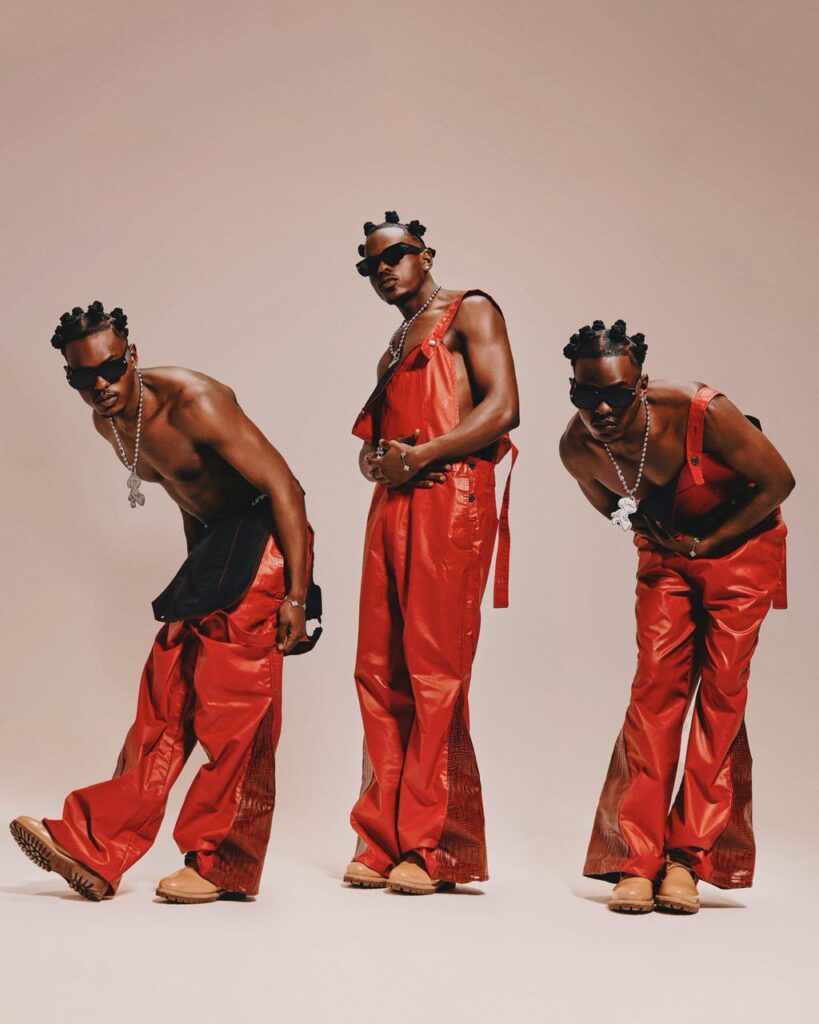
There’s plenty on the horizon and Musa’s already steps ahead. “New album coming this year,” Musa reveals, hinting at an ambitious rollout designed to soundtrack both an African summer and a European winter. But first: two lead singles that introduce the sound he’s been quietly developing with his in-house producer, Toby Franco. This is going to be a sound that feels more intentional, more global, yet still unmistakably Musa. “We’ve been working,” he says. “It’s new, it’s polished, and it’s got identity.” As always, expect the full package: visuals, vision, and vibes engineered to move both dancefloors and algorithms.
There’s a reason Musa Keys doesn’t move like everybody else and it’s not just because he’s soft-spoken, stylish, and prone to dropping Coachella bars mid-verse. It’s because he’s playing a different game entirely. While some artists are sprinting for visibility, Musa’s been pacing himself for longevity. He’s not trying to flood the market, he’s curating it. The releases are thought through, the outfits always have something to say, and each collaboration feels like an extension of his bigger picture.
He is a Grammy-nominated artist, one that has multi-platinum singles under his belt, and still talks about his mother’s pride like it’s the only trophy that really matters. His roots are in gospel, his reach is global, and his vision is locked in. If you came here hoping to figure out the enigma that is Musa Keys, I’m sure you have. Musa Keys isn’t interested in being predictable, he’s interested in being 100% unapologetically himself.

